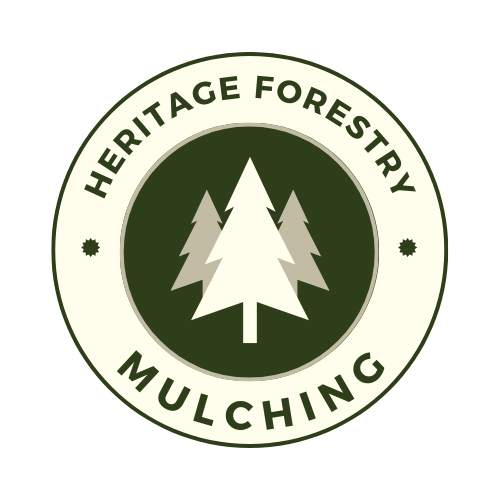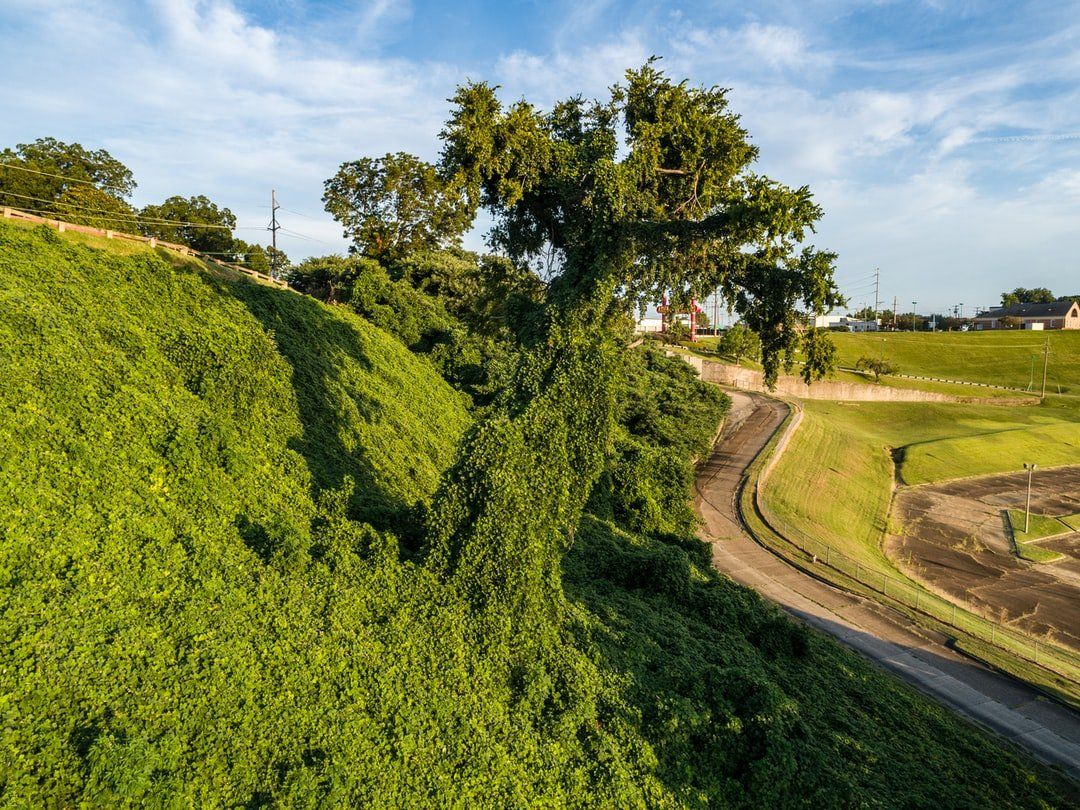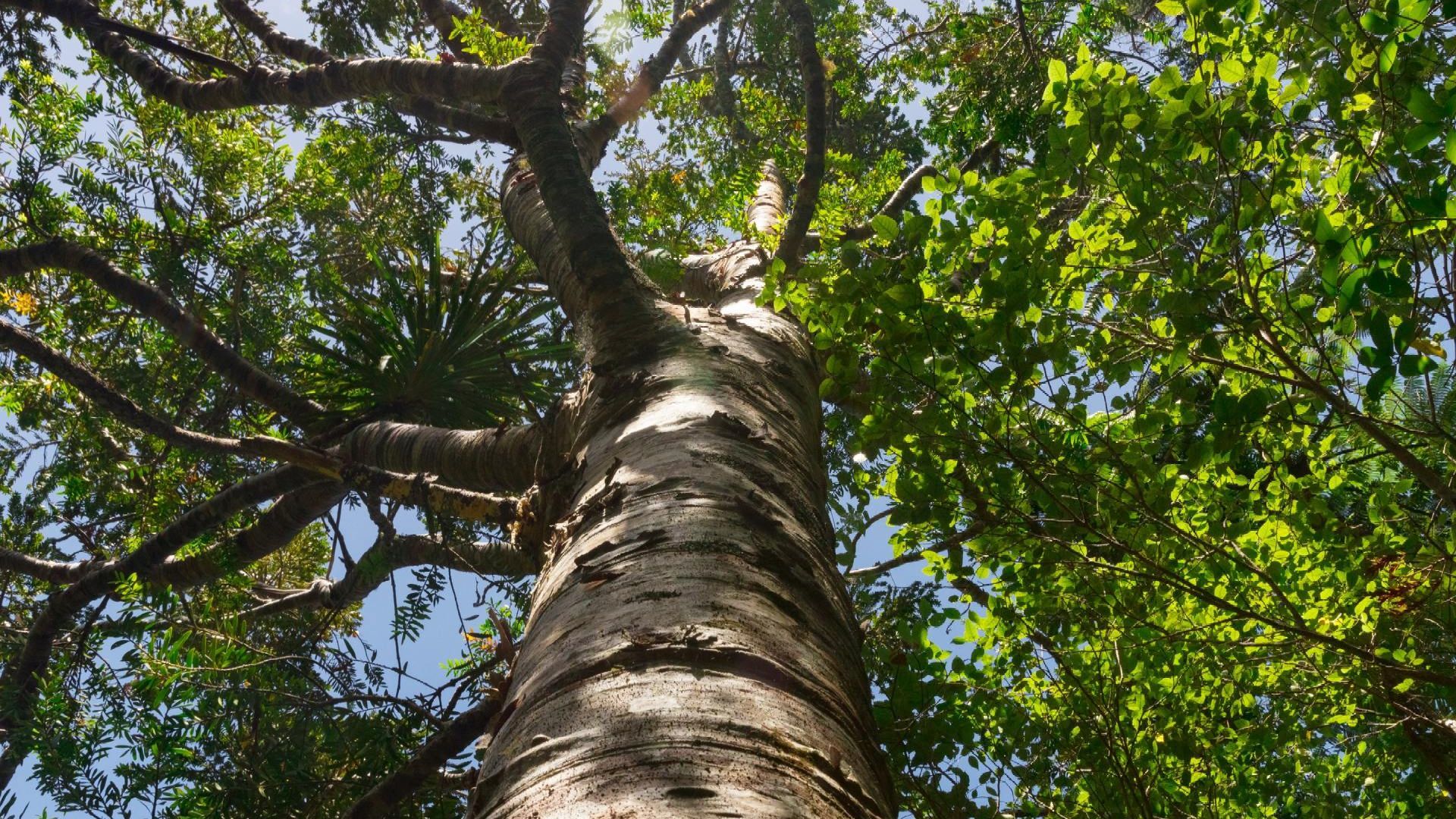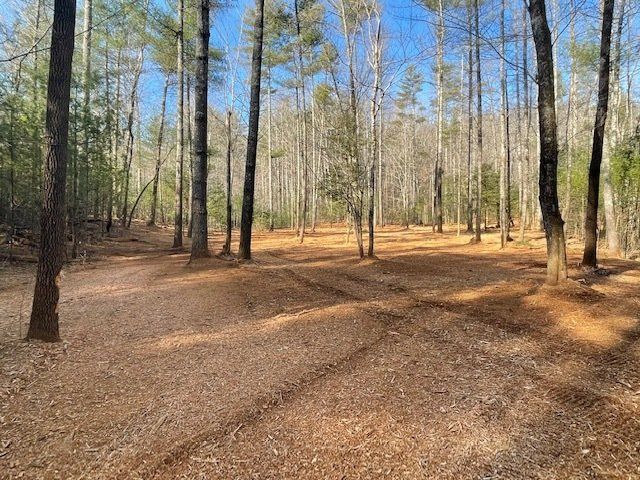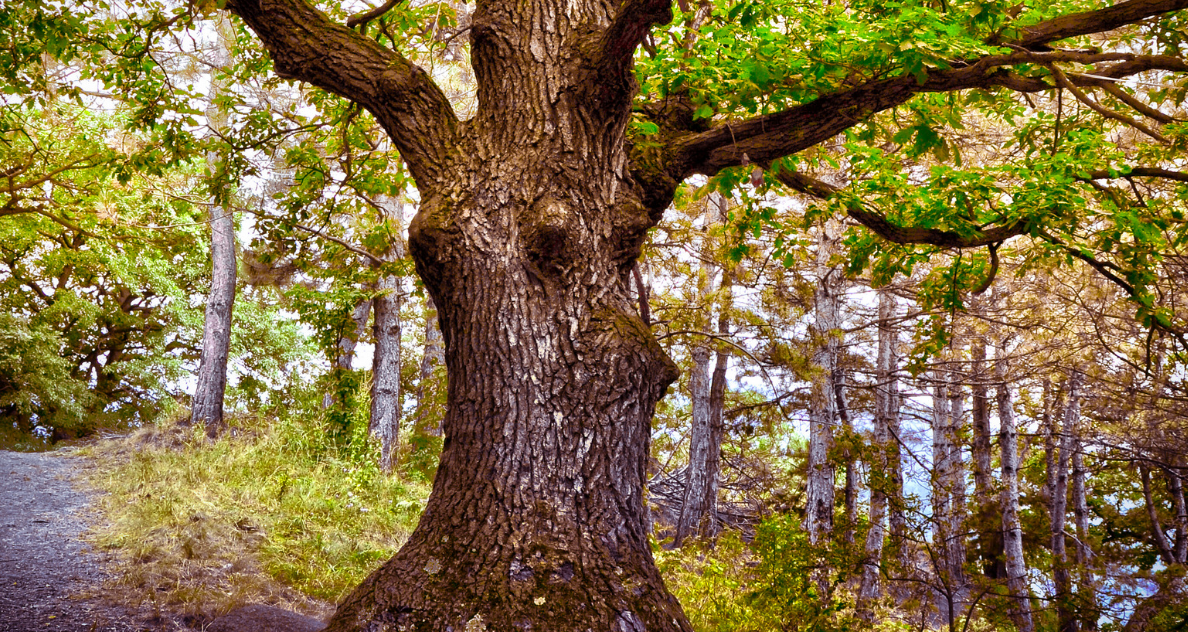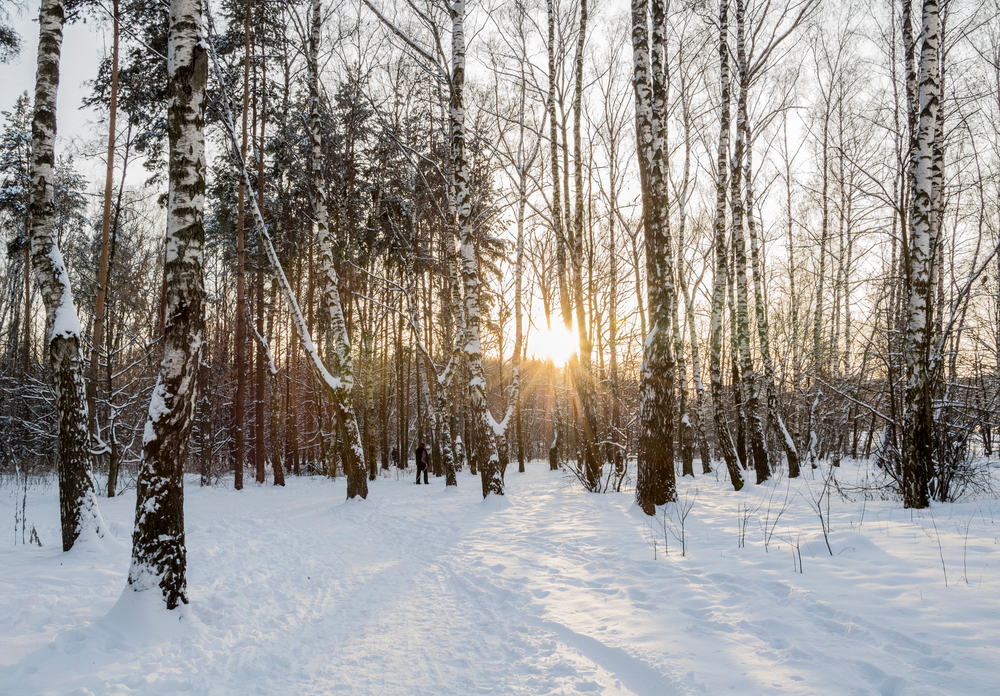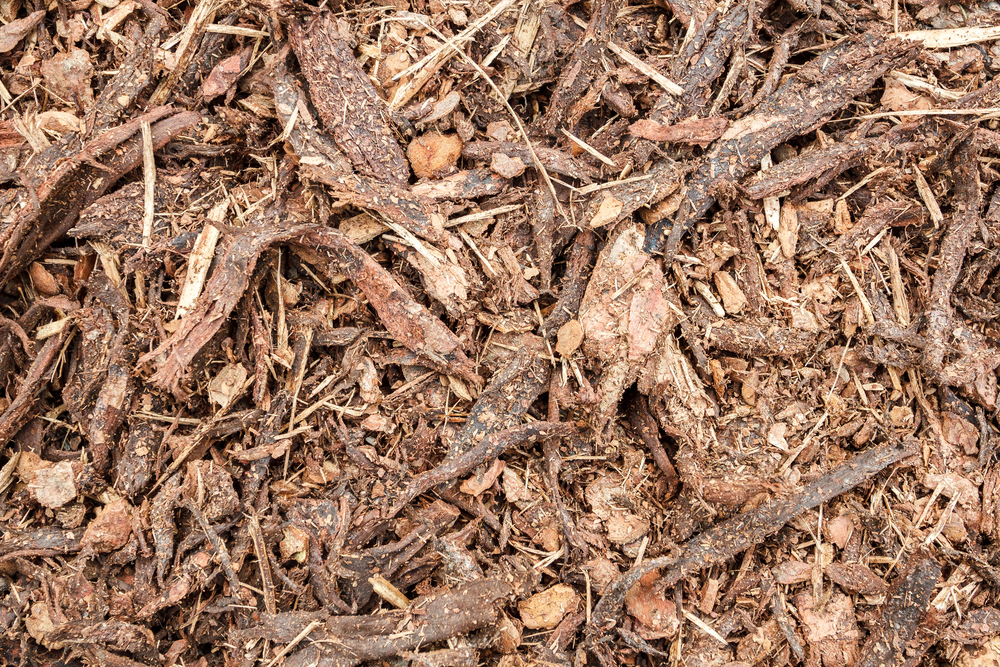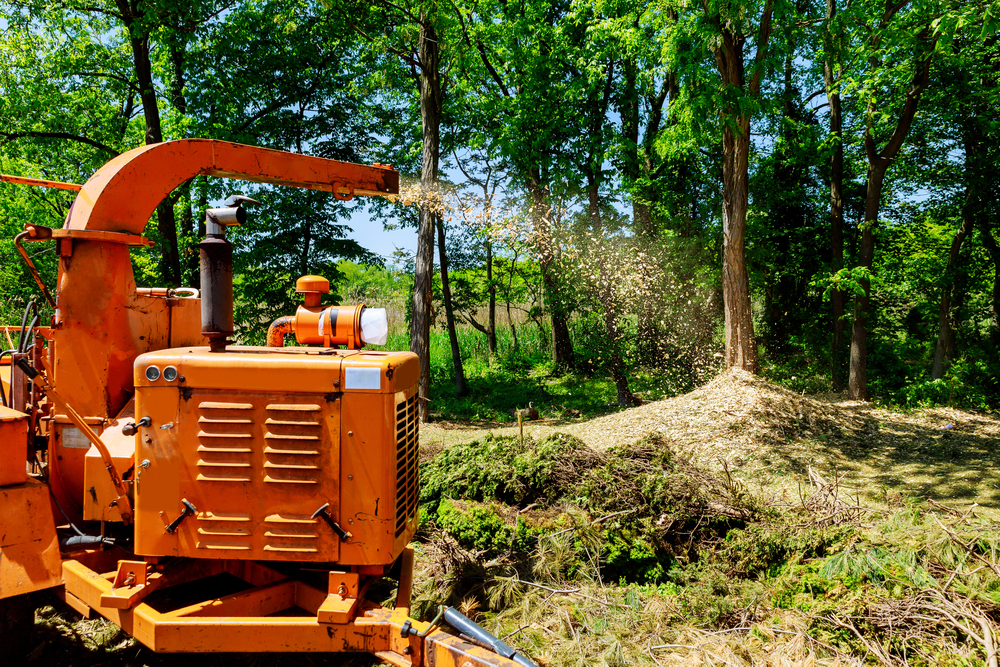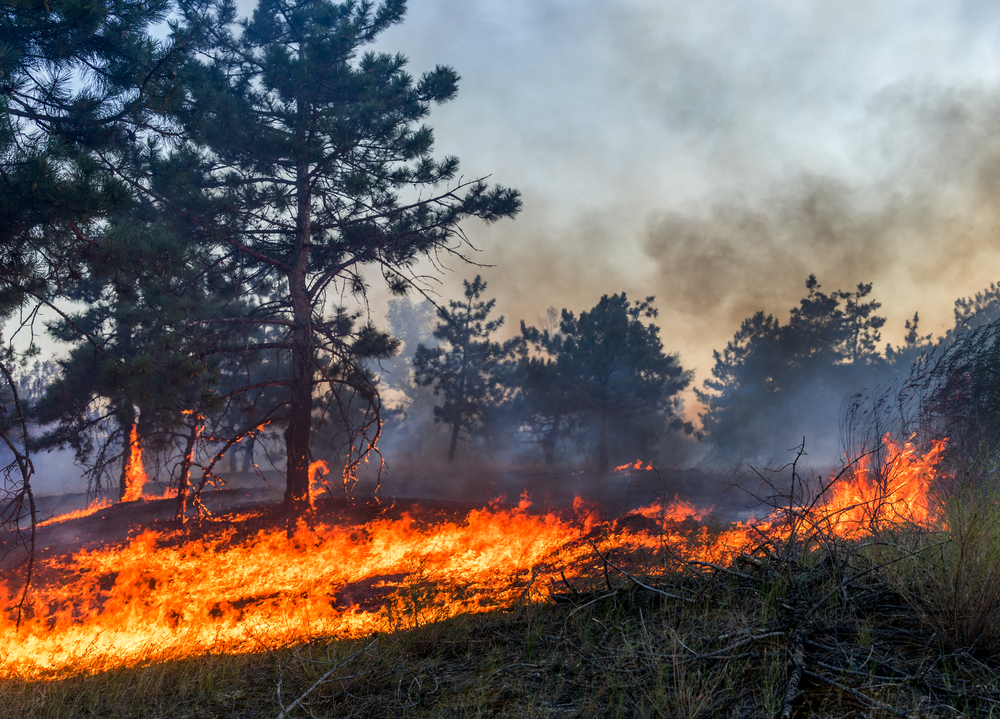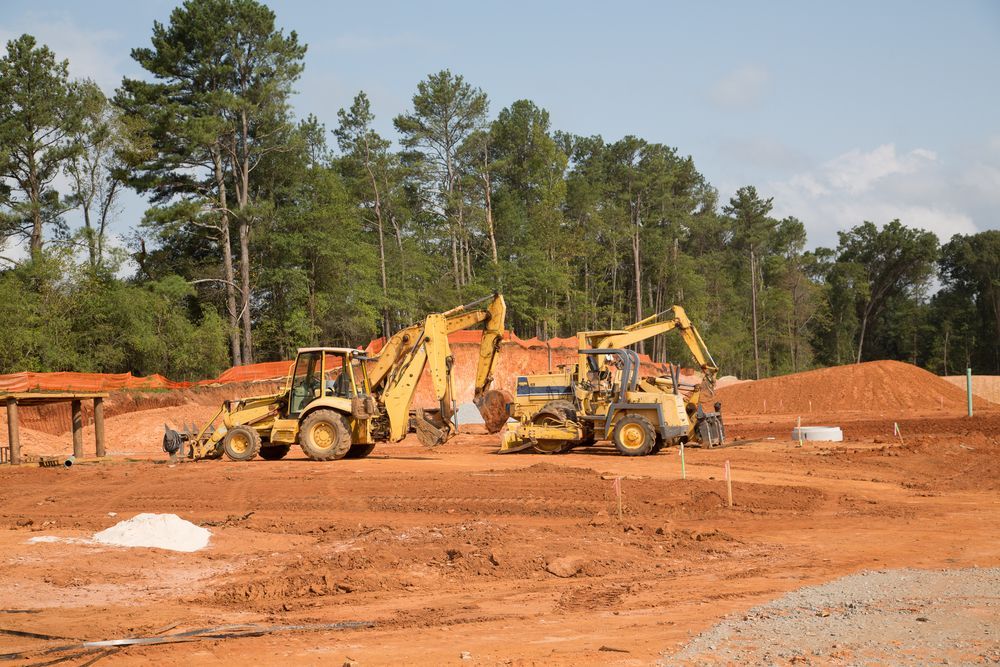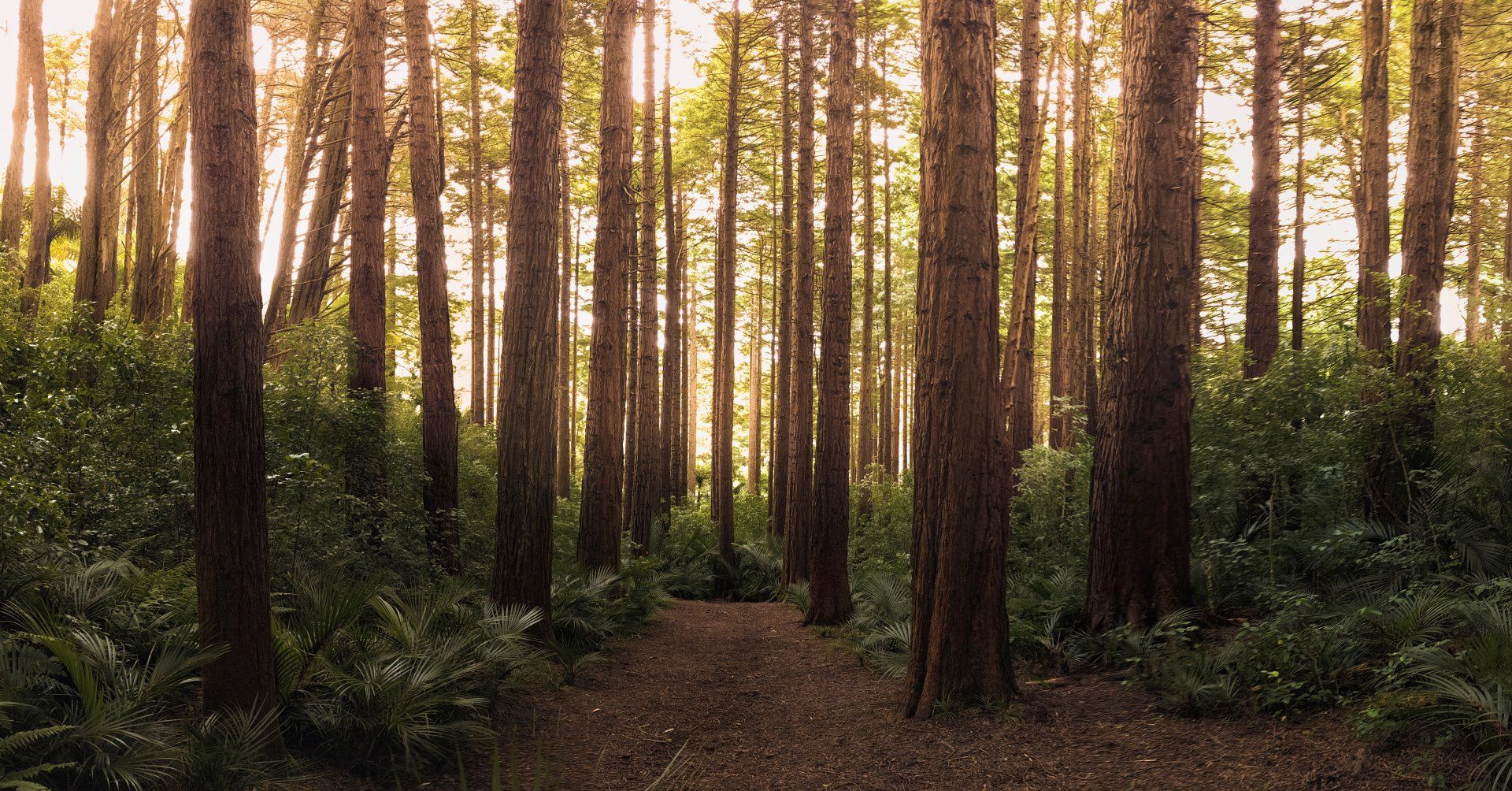How Forestry Mulching Protects Wildlife and Promotes Healthy Ecosystems
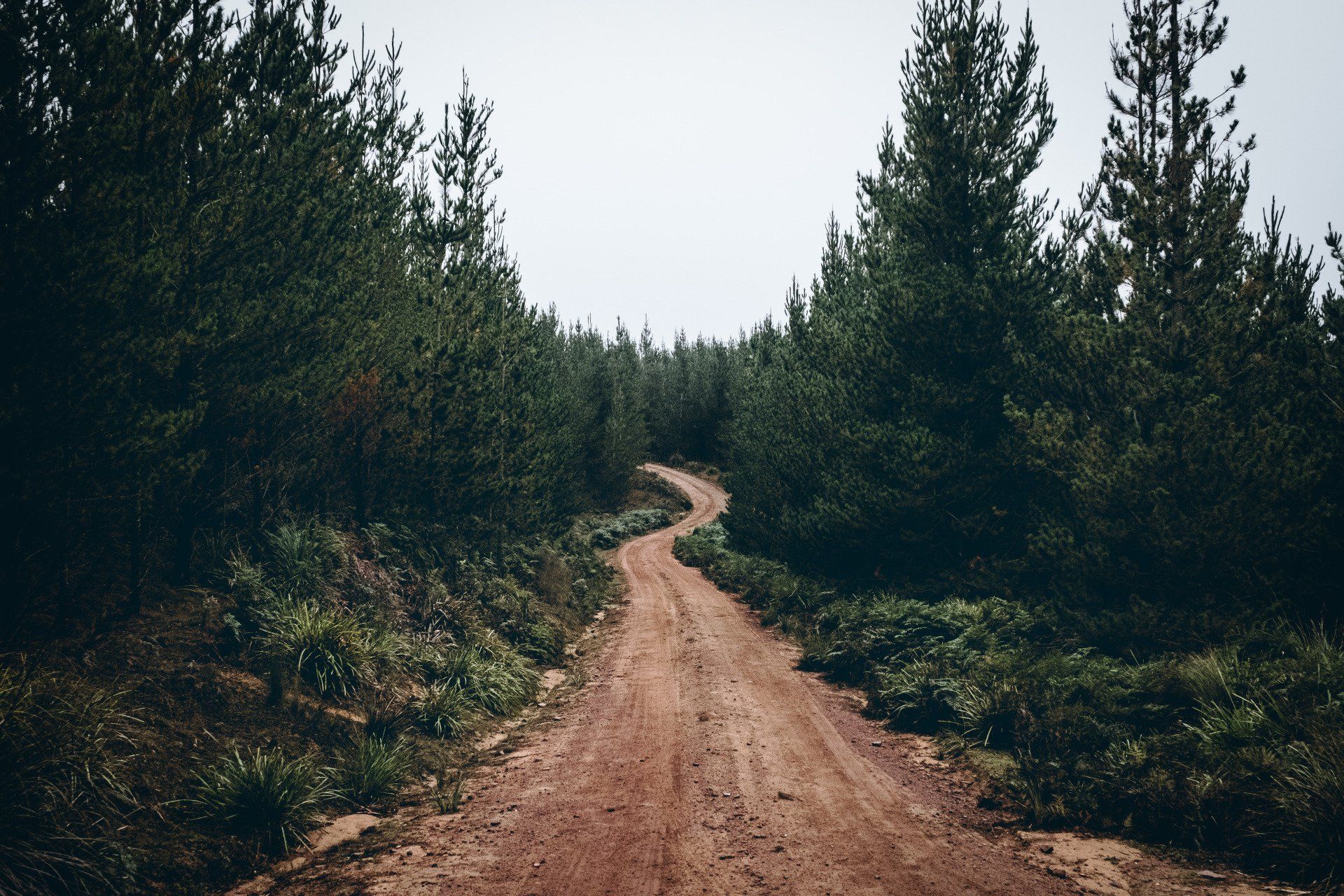
When we think of land clearing, it’s easy to picture big machines tearing through forests and brush. But at Heritage Forestry Mulching in North Georgia, we take a smarter, more thoughtful approach with forestry mulching. Beyond clearing land, mulching preserves ecosystems, protects habitats, and keeps soil healthy, offering a gentle, eco-conscious alternative to traditional clearing. Here’s how it works and why it matters.
Retaining Habitat While Clearing Land
Traditional land clearing methods, a combination of bulldozers and burn piles, often leave ecosystems barren and wildlife displaced. These methods can obliterate insect and mammal habitats, disrupt nesting sites, and devastate plant communities.
Forestry mulching, on the other hand, grinds down invasive brush, trees, and weeds into a one- to two-inch layer of mulch. That mulch remains on the ground, where it continues to serve as habitat for insects, amphibians, and small mammals. Rather than bulldozing away habitat, we preserve it, while still land clearing efficiently and effectively.
Enriching Soil Without Chemical Inputs
The mulch created from native plant materials breaks down over time, returning nutrients and boosting soil health naturally. It acts like a slow-release fertilizer and helps retain moisture, reducing erosion and supporting seed germination.
By avoiding clear-cutting and removing vegetation, common in conventional grading or “land preparation,” we improve soil structure, reduce runoff, and encourage new plant growth. Healthy soil is the foundation of a vibrant ecosystem.
Combating Invasive Species Without Chemicals
North Georgia is home to aggressive invaders like kudzu, privet, and autumn olive. When left unchecked, these plants outcompete native species and alter ecosystem balance.
Forestry mulching removes invasive plants at the root and covers them in mulch, suppressing regrowth without herbicides. This method is both practical and eco-conscious, it stops invasive species, promotes recovery of native flora, and avoids chemical runoff that can harm wildlife and pollute waterways.
Preserving Wildlife Travel Corridors
Wildlife doesn’t need large open spaces to move, it needs corridors. Whether it’s deer traveling between feeding and bedding areas or songbirds flitting between trees, intact travel routes are critical.
Mulching opens visual lines and improves access without creating barren wastelands. Waterways remain shaded, ground cover stays in place, and insect life thrives, allowing wildlife to roam freely amid ongoing land development.
Supporting Biodiversity Through Plant Diversity
When you mulch a mix of trees, shrubs, and brush, you’re effectively returning all of it, leaves, stems, twigs- back to the system. This layered decomposition provides habitats for a multitude of soil organisms, from earthworms to microorganisms.
Over time, as the mulch breaks down, native grasses and wildflowers re-sprout. That encourages a self-regenerating ecosystem, where biodiversity continues to flourish without chemical fertilizers or restoration seeding.
Improving Water Management and Reducing Erosion
Erosion is a silent crisis in cleared land, especially on slopes or in areas with heavy rainfall. Forestry mulch absorbs rainfall, slows runoff, and allows water to infiltrate the soil. This natural form of erosion control protects waterways and prevents slurry buildup downstream.
Other methods, like burning or hauling away debris, leave soil exposed and vulnerable. Mulching is proactive conservation during the land clearing process.
Year-Round Eco-Friendly Land Management
One of the biggest advantages of forestry mulching is its flexibility. Unlike seasonal clearing methods that burn or haul green waste away, mulching can happen year-round, without the risk of fire, air pollution, or habitat loss.
It's a single-step process that leaves the land in a more natural state, ready for construction, pasture management, firebreak development, or simply better forest stewardship.
Expert Application with Local Insight
At Heritage Forestry Mulching, owner Mike Kirk brings over 20 years of experience to every site. We aren’t just mulching, we’re identifying trees, protecting sensitive areas, and advising on best practices for ecosystem balance.
Our local expertise allows us to:
- Apply tree identification to preserve public or protected species
- Recommend best trails, openings, or agricultural plots while keeping wildlife corridors intact
Final Thoughts
Forestry mulching isn’t just efficient, it’s ecologically responsible. It allows you to achieve land use goals without sacrificing soil health, plant diversity, or wildlife habitats. When done thoughtfully, mulching supports ecosystems and transforms cleared land into resilient, self-sustaining habitats.
Whether you’re prepping for new construction, maintaining trails, or simply protecting your property’s natural character, Heritage Forestry Mulching delivers sustainable results that last.
FAQs
Is forestry mulching safe for nearby wildlife and water sources?
Yes. Because it doesn’t involve burning or hauling debris away, forestry mulching minimizes habitat disruption, prevents soil erosion, and reduces runoff, making it a wildlife- and watershed-friendly method.
How quickly does mulched land recover ecologically?
In North Georgia, mulch usually begins improving soil and supporting native growth within the first season. You’ll often see grasses, wildflowers, and small shrubs returning right away—signs of a healthy, balanced ecosystem.
